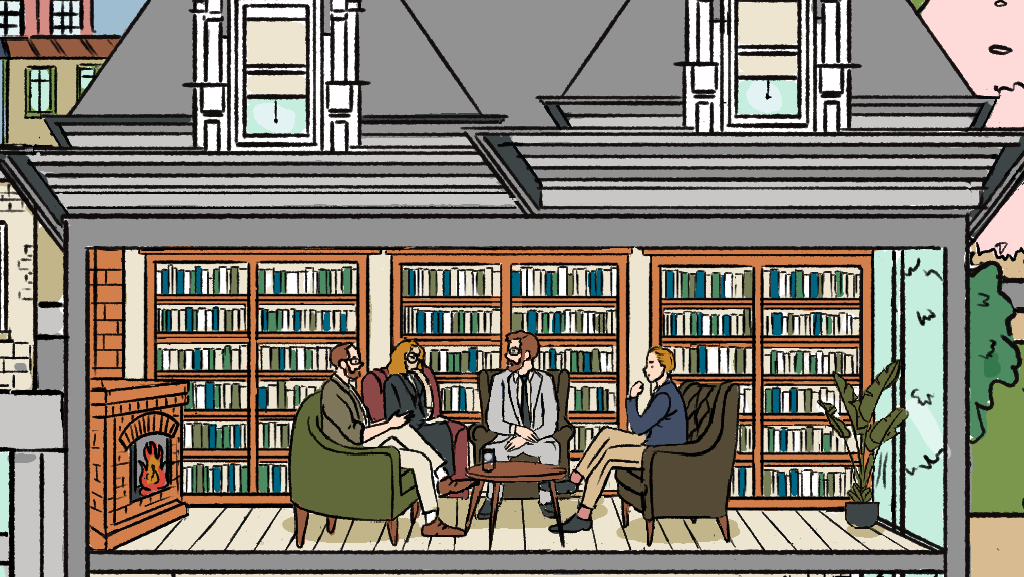
Dear Reader —
A magazine is not a bundle of ideas. It’s a relationship: a deep ongoing collaboration between writers, editors, and readers.
Earlier we gave you a look at one part of this picture: what it means to write for a living. Today we’d like to show you another side — our side.
We do have a request to make: Can you help us meet an ambitious giving goal of $150,000 toward funding our talented staff next year? Write “Staff” on your donation memo and every dollar you contribute will be spent on staffing.
But we also want to give you something in return: A peek behind the curtain. Until you work as an editor, it’s hard to know what that job means, exactly. We didn’t know until we did it.
We are pleased, then, to present, if a little immodestly: the editors interviewing the editors. Enjoy.
Thank you,
Ari Schulman, Editor
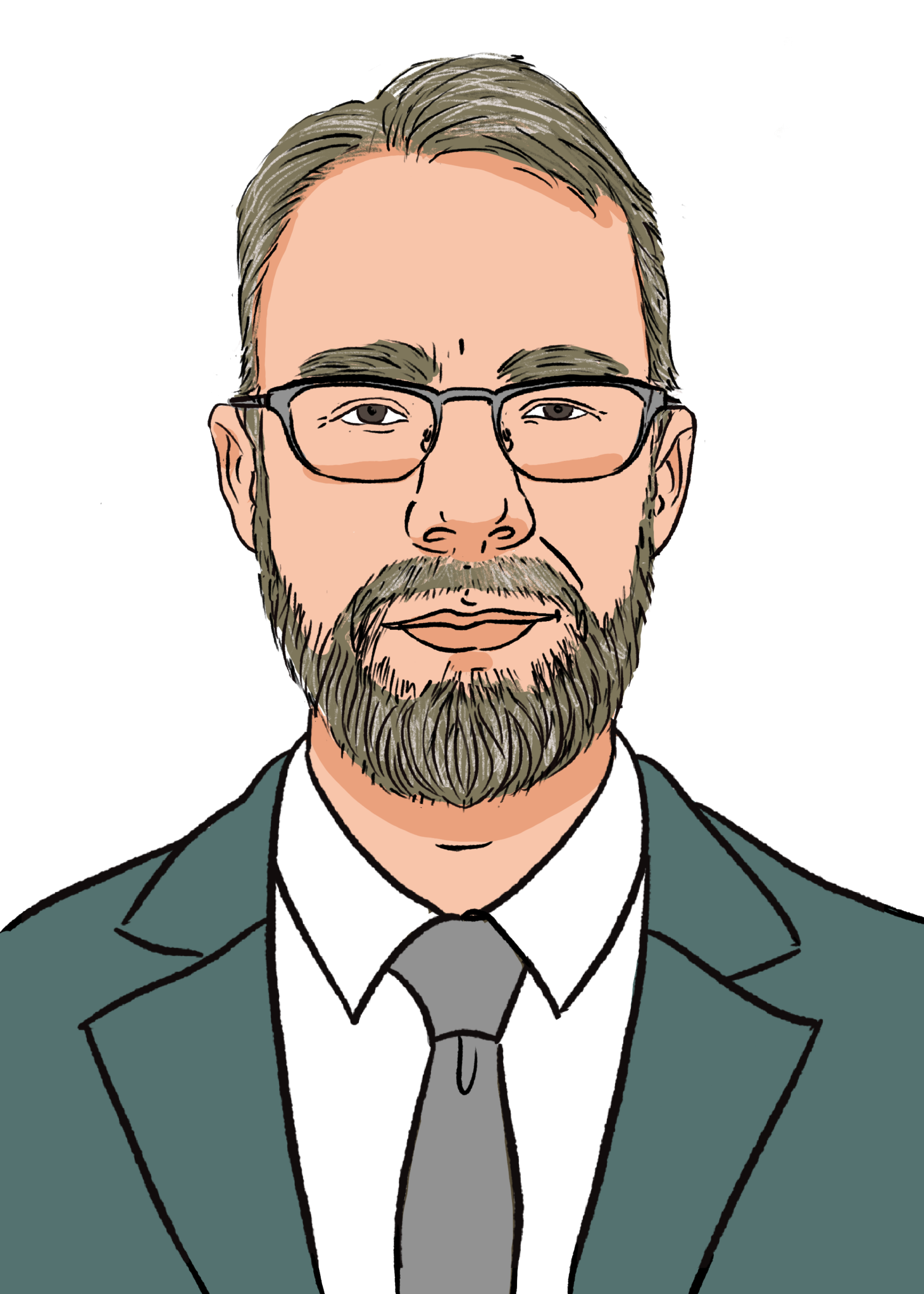
Ari Schulman, editor: There are two big questions I’m always asking of ideas sent our way. One is: Is this something?
Not Do I agree, Is this well-written, or Does it need major revision but: Is there a cohering force behind this? Is it rough because there’s nothing really there? Or because it’s struggling to become something?
The other is: So what? Even if you’re right, what are the stakes? Why does this matter, not to eternity but to someone living in America in 2024? Are you intervening in a pressing debate or counting angels on a pin?
The more years you do developmental editing, the more you learn to stop thinking about what you want a piece to be or what the author wants the piece to be and start grappling with what the piece wants to be. Our role is to figure that out and to work with authors to help it become that.
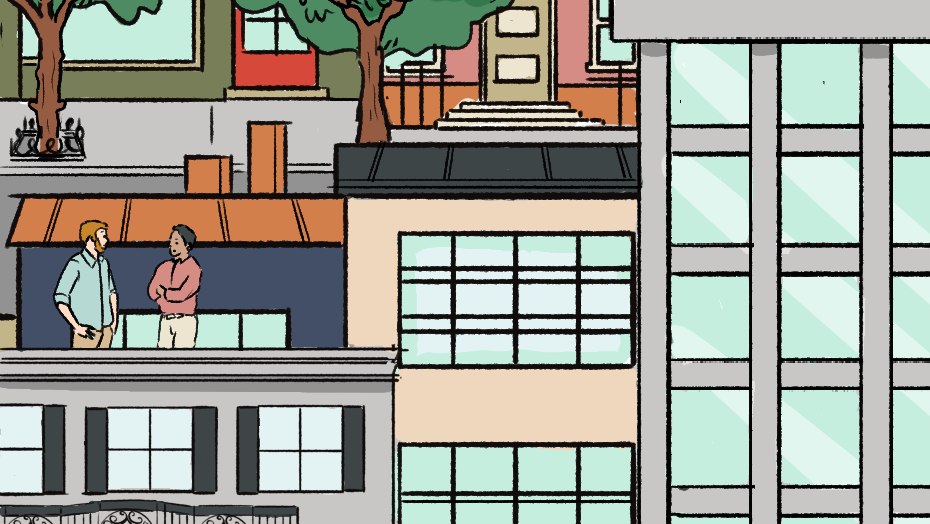
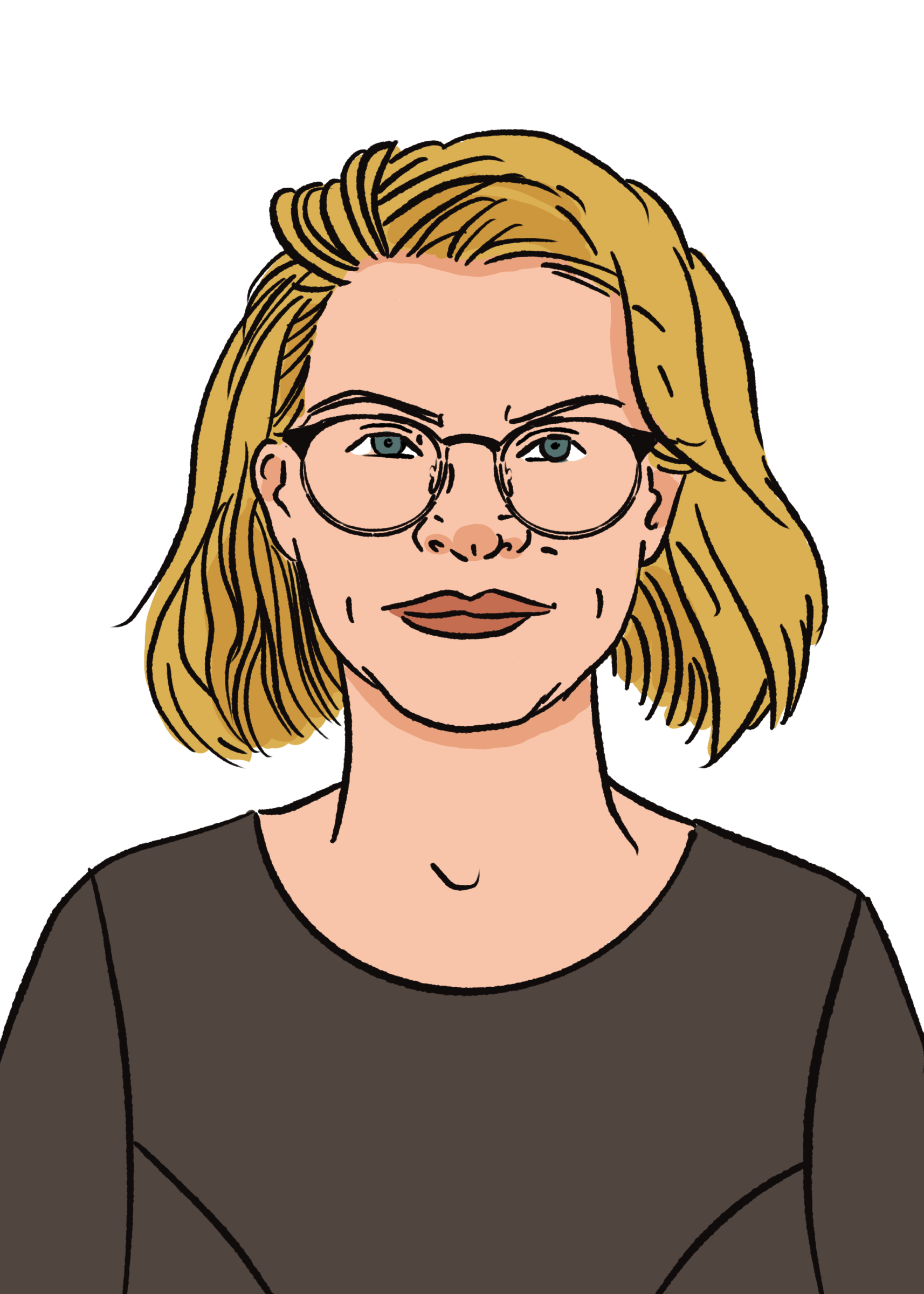
Louise Liebeskind, assistant editor: Before I started this job, I didn’t understand just how collaborative the working relationship between authors and editors is. Sure, sometimes we get a draft that is ready to publish with very little work from us. But that’s the exception, even among our most talented writers, and even for our own work, which goes through the wringer just like everyone else’s.
At every stage of the editorial process, from evaluating an original pitch to finalizing a draft for publication, a good editor is on the lookout for the manifold subtle discrepancies that arise between what an author’s words actually say, as written, and what the author wants to say. The more complex and original the idea, the longer and more careful the communication between author and editor has to be to bring it to clarity and light.
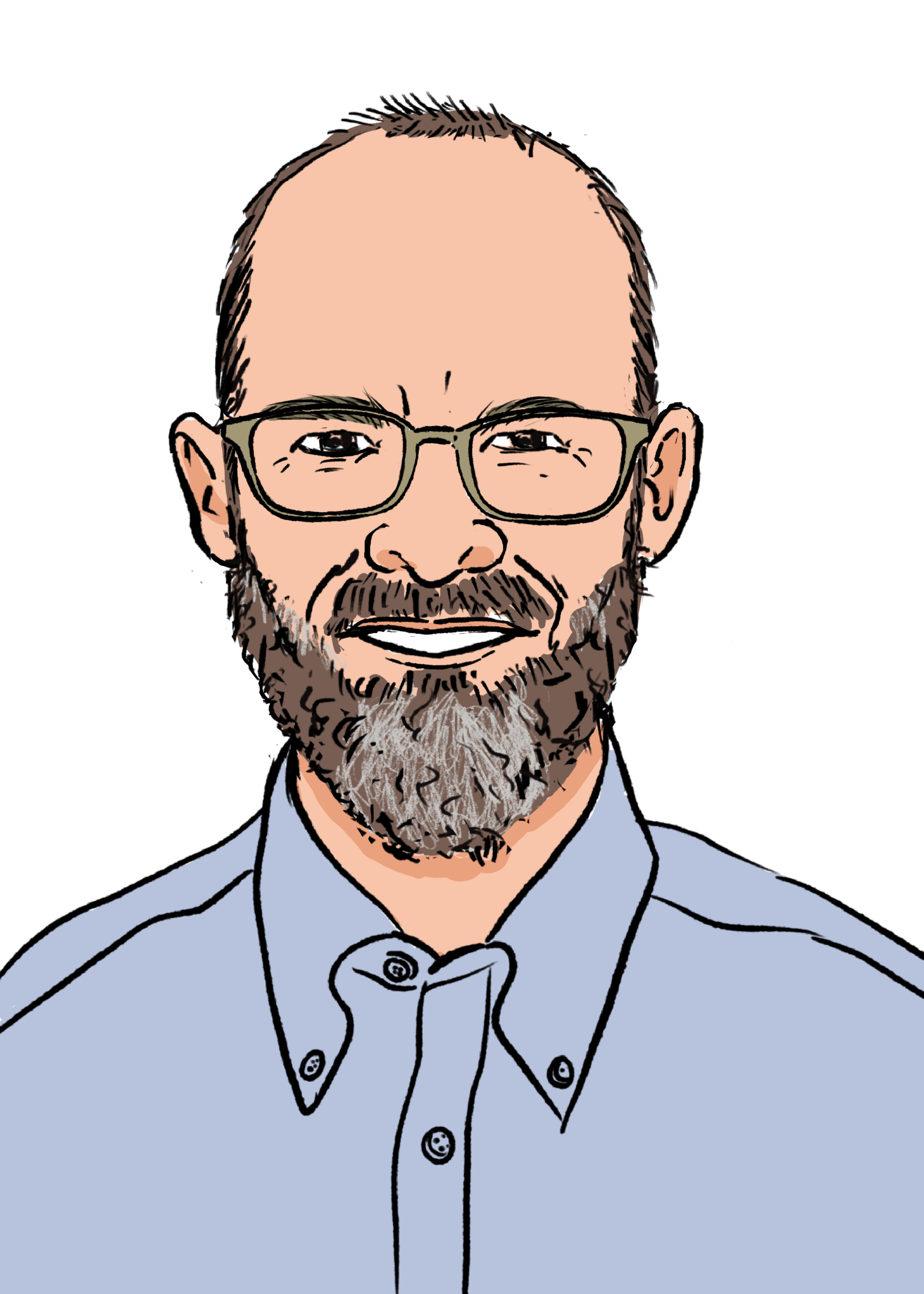
Samuel Matlack, managing editor: The best way to think of our role is like the producer of a movie, shepherding something creative but rough into a polished, seamless product.
When you read a piece in The New Atlantis, chances are it went through some combination of: editors discussing it, giving feedback to the author, further negotiating by email or phone or at our office or the Tabard Inn, restructuring the piece, revising it, fact-checking everything, more revising, some more revising, proofreading for typos and little mistakes, and, occasionally, total overhaul from top to bottom. If we did our job well, when you read the published piece you won’t be able to tell how much or how little of this actually happened.
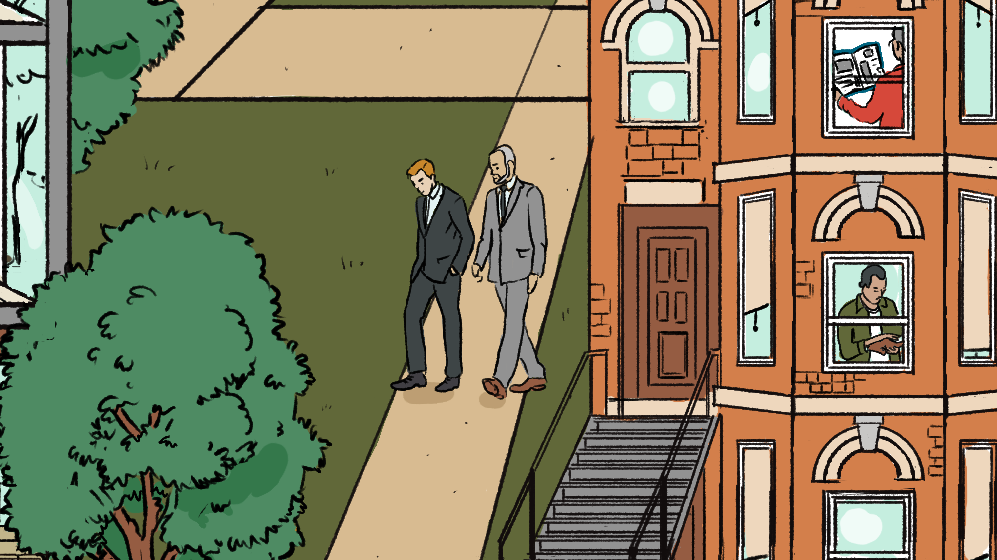
Ari: Often what makes for an effective piece is finding the right balance between caution and righteous indignation. Half of what I tell authors is “You need to be less mad.” When you’re too keyed up, you’re not actually intervening in a conversation, because the piece no longer offers a journey, starting at a question and moving toward a resolution. Instead, it ends up where it already began.
But the other half of advice is “Get madder.” There always has to be an answer to: So what?
Samuel: Once you learn to take fact-checking seriously and have done it for a while, you realize that facts can be bottomless wells.
Sure, there are some claims you can definitively answer at a surface level: Thomas Edison was born on February 11, 1847. But was Edison the inventor of the light bulb? To answer that you have to know how the history of invention works, and once you dig deep enough you realize you don’t even really know what a light bulb is and that different historians give you different stories.
And the more you do this kind of work, the more you realize that a lot of what’s already published in magazines and books didn’t get fact-checked. Sorry to break it to you: there’s a lot of garbage out there. We do what we call adversarial fact-checking: not just finding confirmation of a claim, but putting it to the test.
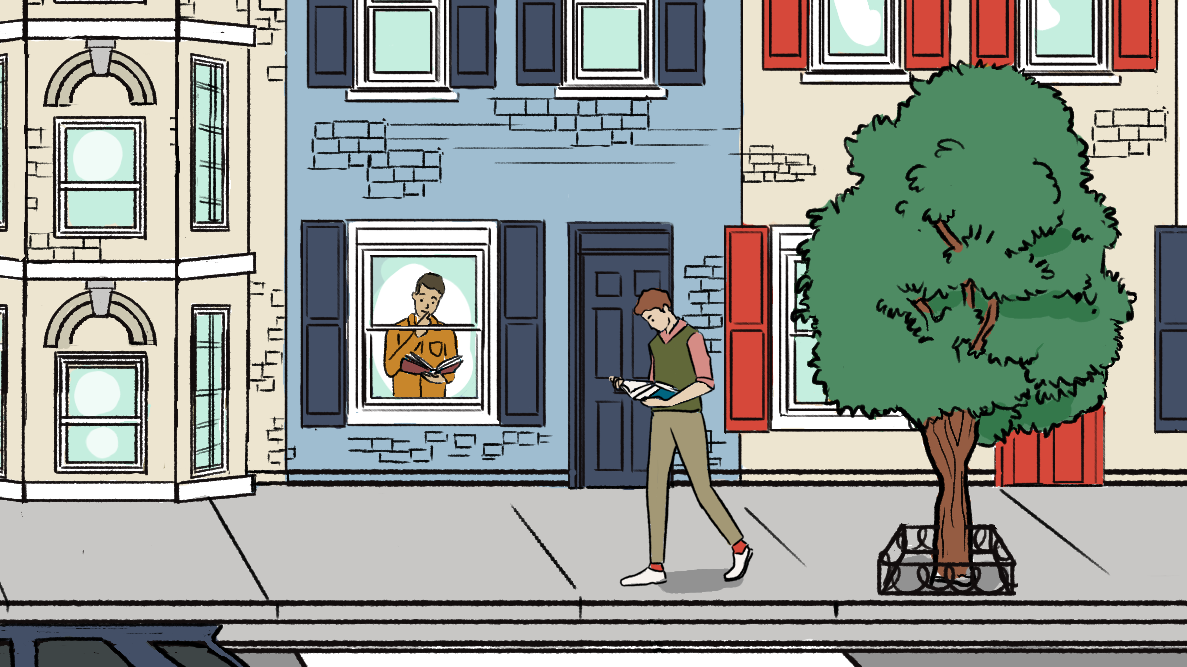
Ari: Nobody! The New Atlantis is independently run by the nonprofit Center for the Study of Technology and Society, and the magazine is its only project. The staff are not fellows at any think tank, and the magazine has no institutional parent.
So in practice, we’re owned by our readers. Every year, you along with a handful of private foundations get to decide whether our project is worth sustaining for one more year, and at what level.
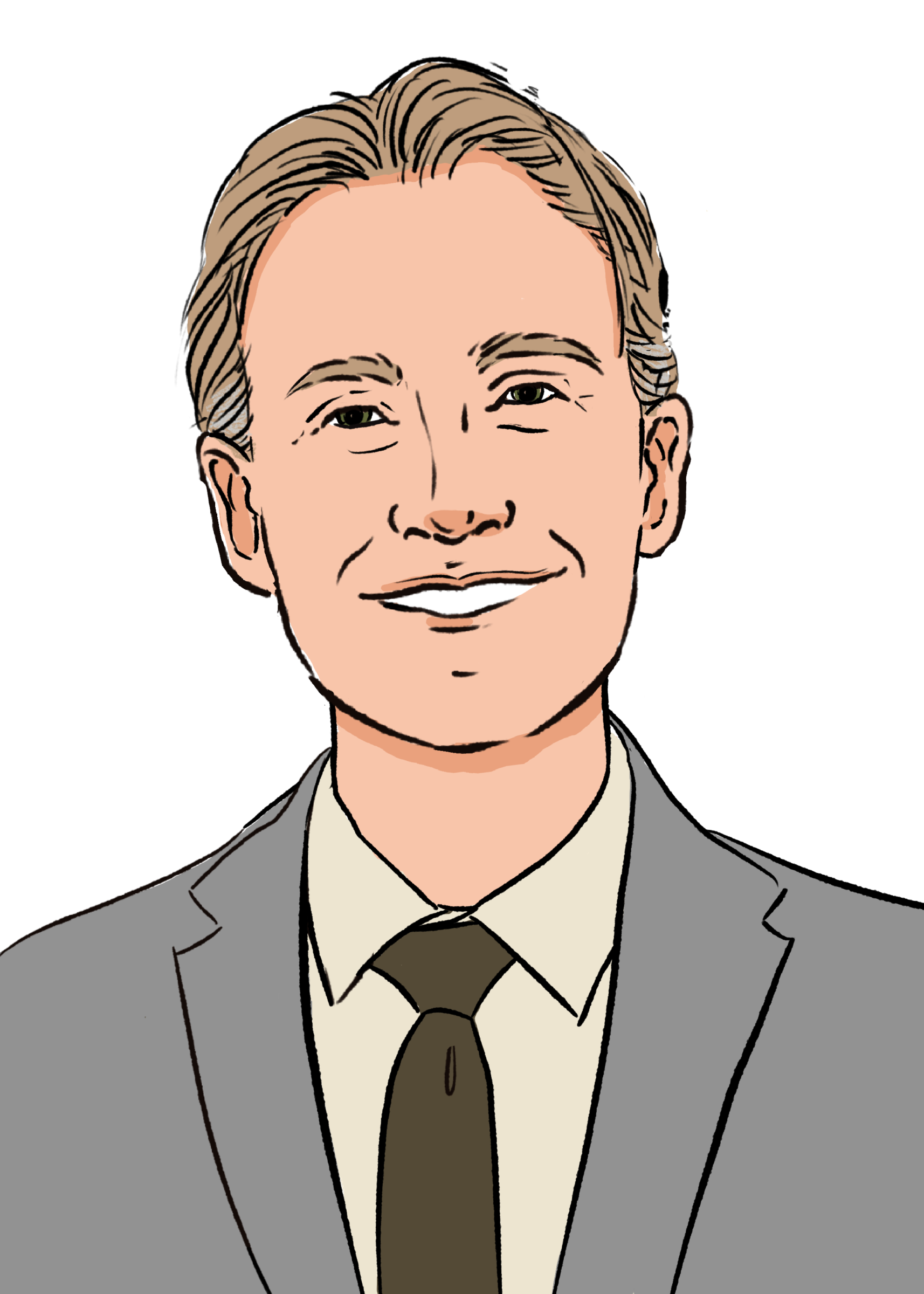
Brady Lee, director of development: In 2024, our all-in cost for our full-time staff is about 60 percent of our $670,000 budget.
We also work with a number of talented contractors who help with fact-checking and editing, which, depending on the year and number of projects we undertake, adds an additional $5,000 to $15,000.
About 35% of our budget. And that’s a figure we’re working to grow significantly every year as part of a years-long strategy to shift away from foundation grants that are restricted to specific subjects — and toward general support for our core work. That shift will let us maintain total editorial independence and ensure a stable base of funding for years to come.
Your support is essential to ensuring that The New Atlantis can intervene with staying power in today’s science and tech debates.
Our public giving goal this year just to support staffing is $150,000. Achieving this will help us retain our talented team and expand it in the new year.
This is part of our broader 2024 annual giving campaign, and we welcome gifts that support our entire project. But if you’d like your donation to go specifically to staffing costs, just write “Staff” on the memo line.
Here’s how you can send a donation:
Donations are tax-deductible.
By Check
Payable to “The New Atlantis” and mailed to:
1730 M Street NW, Suite 910
Washington, D.C. 20036
By Credit Card or PayPal
Online here.
By Donor-Advised Fund
501(c)(3) name: The Center for the Study of Technology and Society
EIN: 51‑0399261
Phone: (202) 715-3488
Contact: Brady Lee, blee@thenewatlantis.com
Pledges
Please email Brady Lee, Director of Development, at blee@thenewatlantis.com.
Exhausted by science and tech debates that go nowhere?